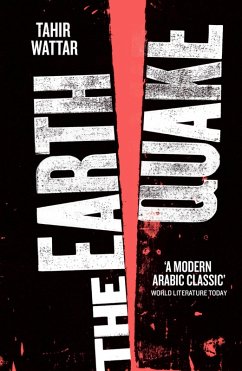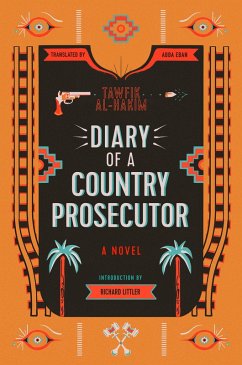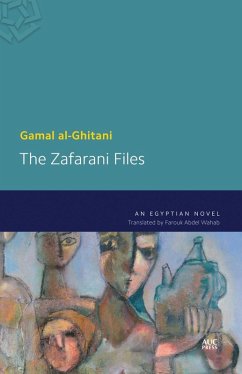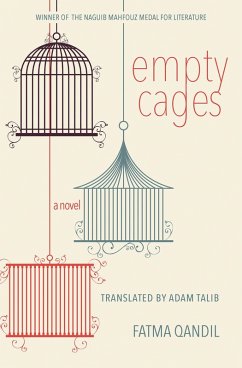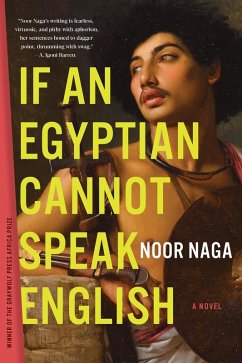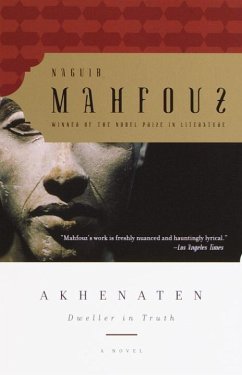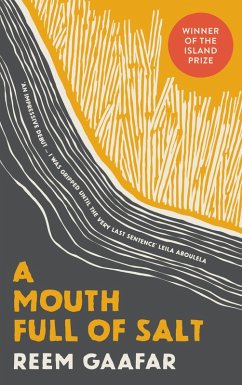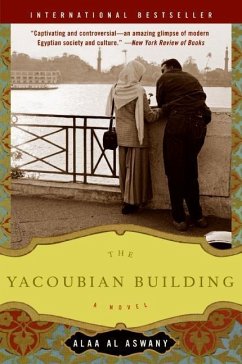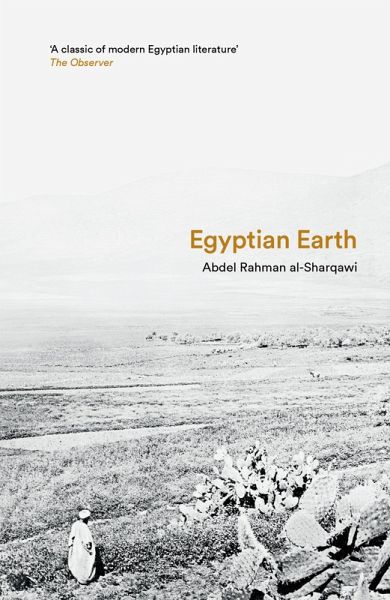
Egyptian Earth (eBook, ePUB)
Versandkostenfrei!
Sofort per Download lieferbar
8,39 €
inkl. MwSt.
Weitere Ausgaben:

PAYBACK Punkte
0 °P sammeln!
A twelve-year old boy returns from school in Cairo to find his village torn by feuding and fear. A corrupt official has decreed that the peasants must irrigate their fields in five days instead of the customary ten - a demand that threatens to severely disrupt the life of this small community. It will take something extraordinary for the villagers to overcome the greedy ruling-class. The schoolmaster Sheikh Hassouna urges the villagers to stand together if they want to keep custody of the land they have lived on for generations. But it takes many attempts, some disastrous, others comical and t...
A twelve-year old boy returns from school in Cairo to find his village torn by feuding and fear. A corrupt official has decreed that the peasants must irrigate their fields in five days instead of the customary ten - a demand that threatens to severely disrupt the life of this small community. It will take something extraordinary for the villagers to overcome the greedy ruling-class. The schoolmaster Sheikh Hassouna urges the villagers to stand together if they want to keep custody of the land they have lived on for generations. But it takes many attempts, some disastrous, others comical and touching, before they join forces against their oppressors. Egyptian Earth was first published in 1954, two years after the Egyptian revolution. An epic drama of great power, it is a masterpiece of modern Arabic literature.
Dieser Download kann aus rechtlichen Gründen nur mit Rechnungsadresse in A, B, BG, CY, CZ, D, DK, EW, E, FIN, F, GR, H, IRL, I, LT, L, LR, M, NL, PL, P, R, S, SLO, SK ausgeliefert werden.




